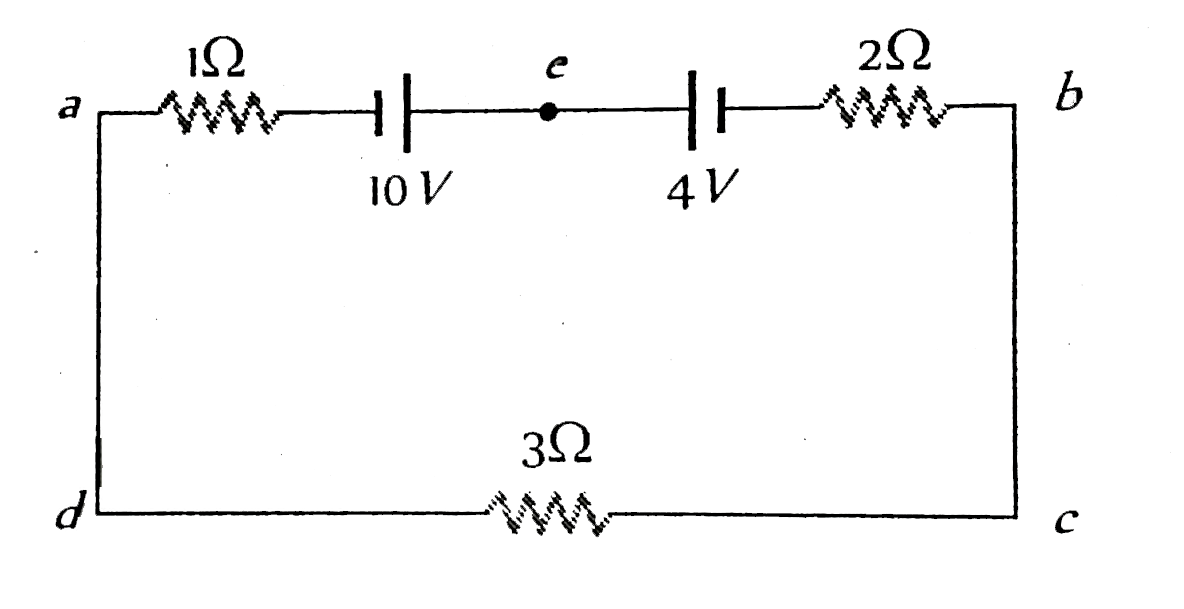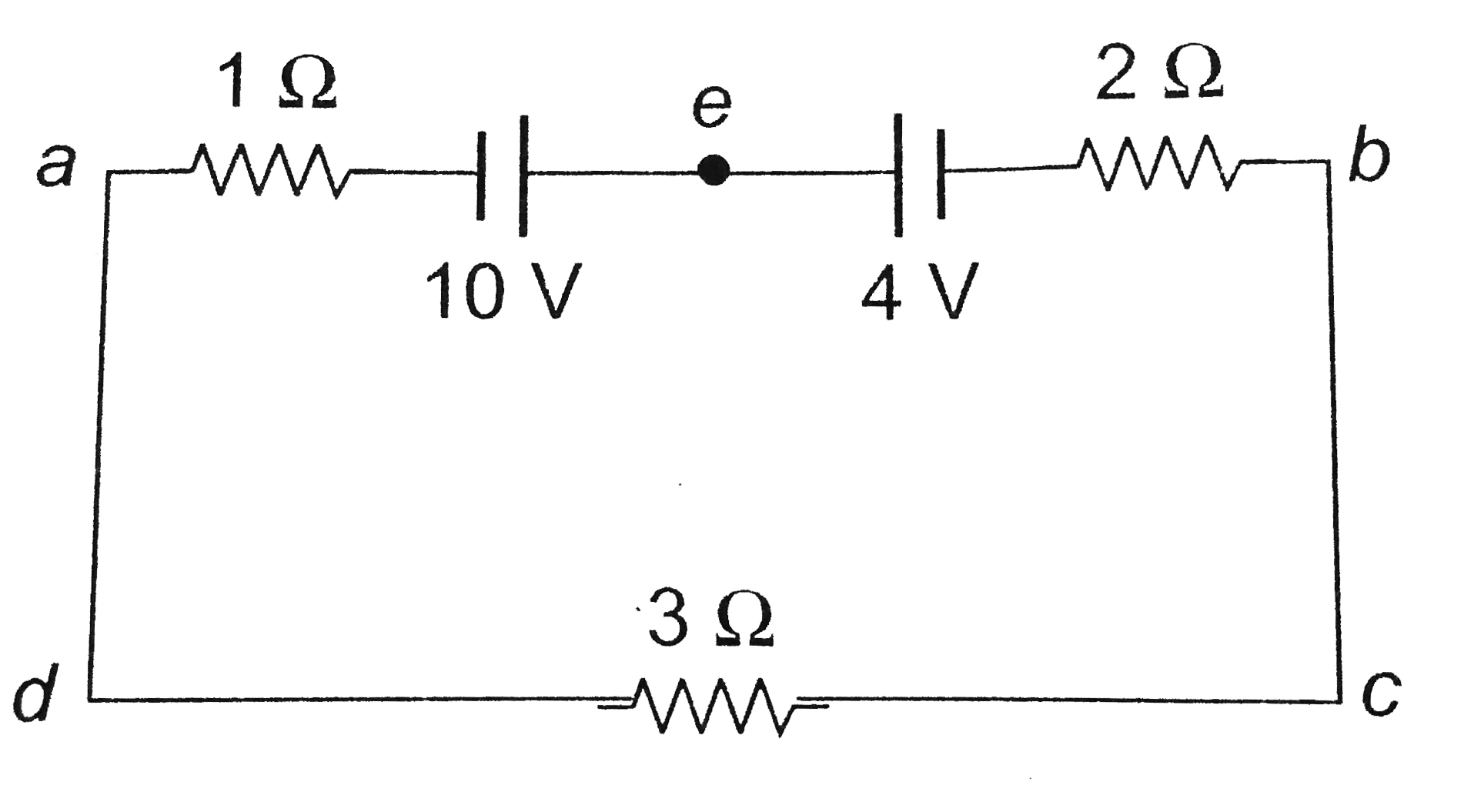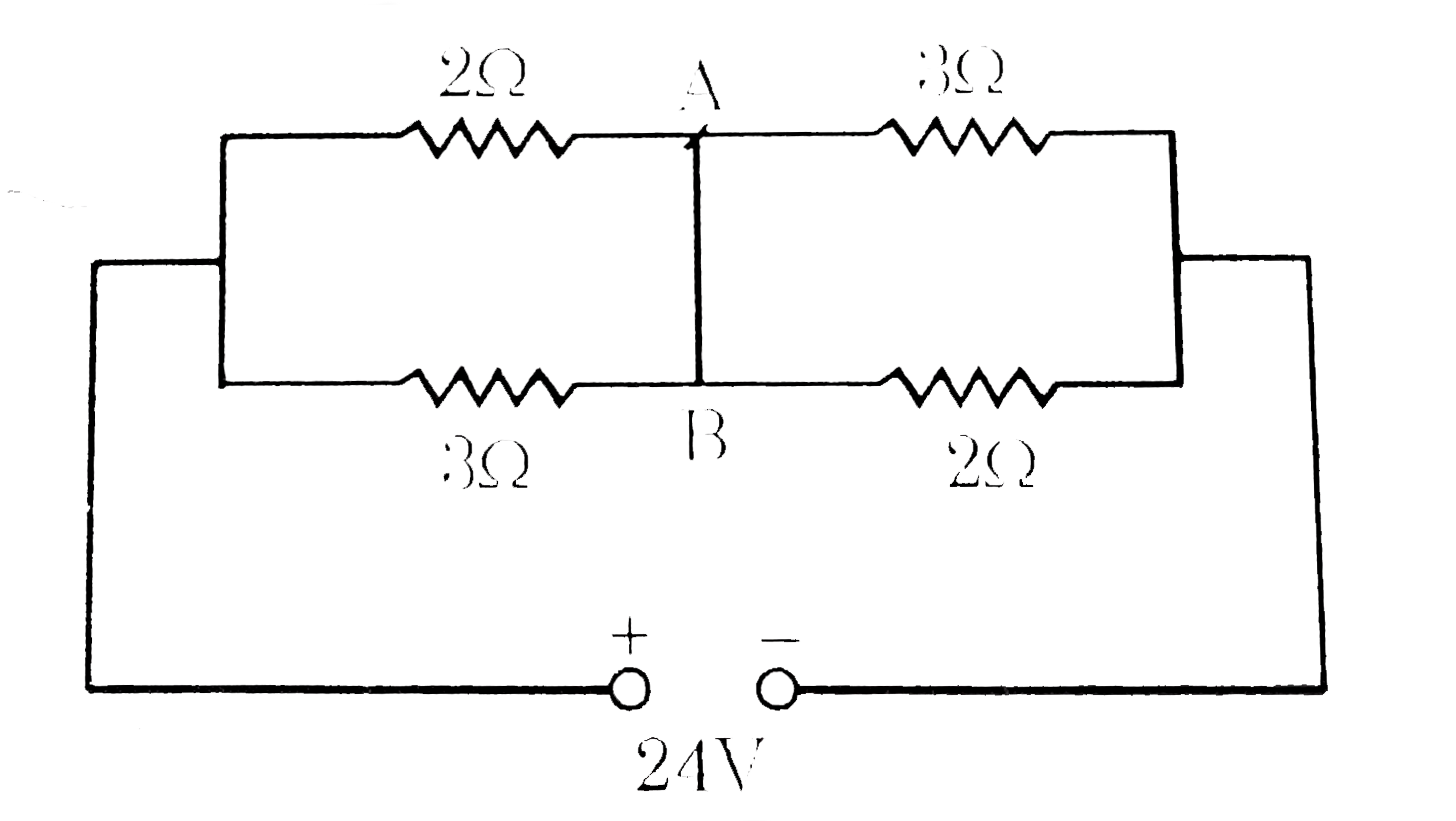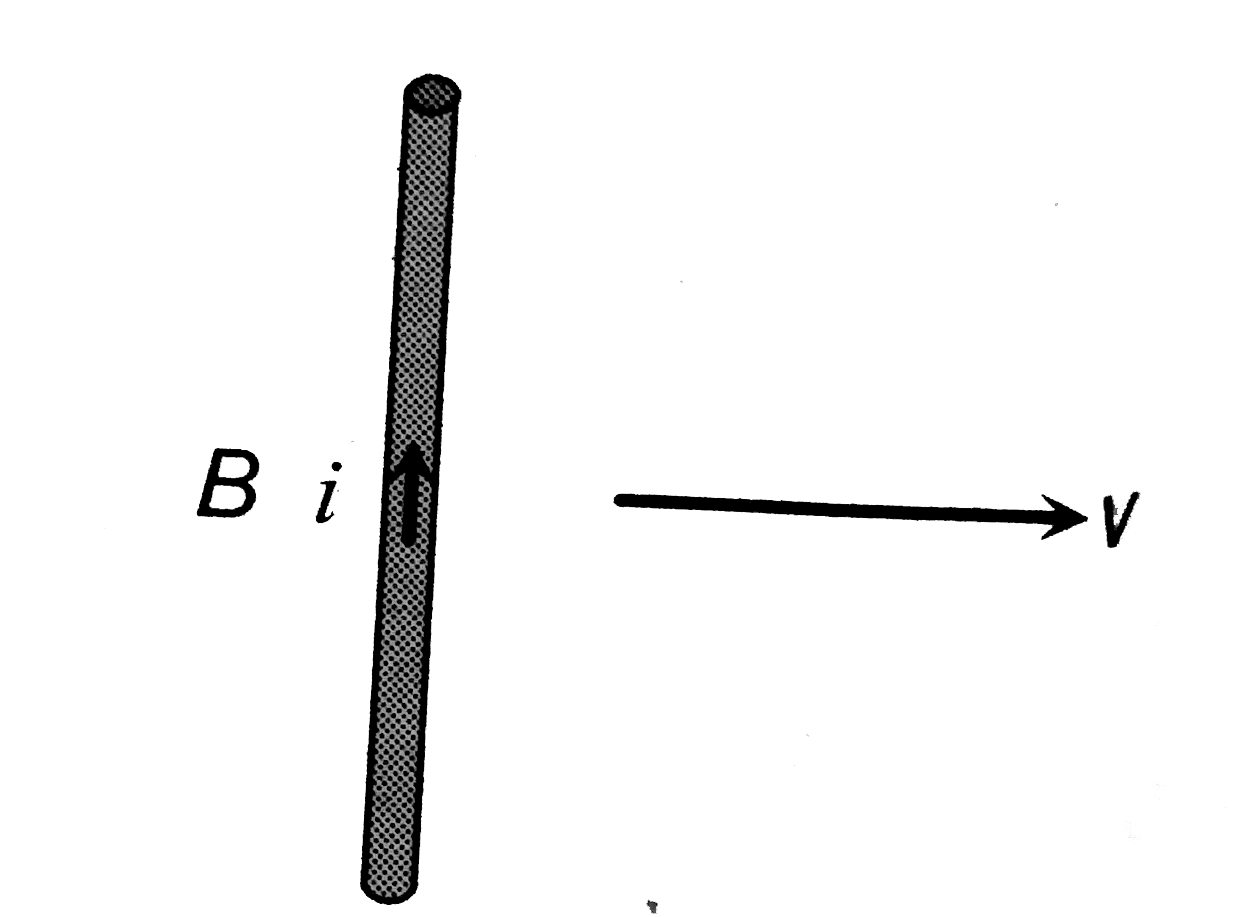Connect the circuit as shown in figure below. When a large current (approximately 1 A or more) flows through the thick copper wire passing through a cardboard, the magnetic needle kept at different points on the cardboard around the wire stands in different directions. Mark these directions with a pencil. The direction of the current shown in the circuit is its convention direction.

Now, instead of the magnetic meedle, spread iron filings on the cardboard and observe. The iron filings arrange themselves in a circular manner around the wire. Why does this happen?
Text Solution
The magnetic field produced due to the electric current exerts its influence in the region surrounding it. Therefore, the iron filings experience a force. The force thus exerted makes iron filings to arrange in a circular pattern. The lines along which the iron filings align themselves represent magnetic field lines.
|
Topper's Solved these Questions
- EFFECTS OF ELECTRIC CURRENT BOOK - TARGET PUBLICATIONCHAPTER - EFFECTS OF ELECTRIC CURRENT EXERCISE - Chapter Assesment
31 Videos
- EFFECTS OF ELECTRIC CURRENT BOOK - TARGET PUBLICATIONCHAPTER - EFFECTS OF ELECTRIC CURRENT EXERCISE - Solve the following problems
26 Videos
- EFFECTS OF ELECTRIC CURRENT BOOK - TARGET PUBLICATIONCHAPTER - EFFECTS OF ELECTRIC CURRENT EXERCISE - Practice Problems
24 Videos
- DISASTER MANAGEMENTBOOK - TARGET PUBLICATIONCHAPTER - DISASTER MANAGEMENTEXERCISE - CHAPTER ASSESSMENT
2 Videos
- ENVIRONMENTAL MANAGEMENT BOOK - TARGET PUBLICATIONCHAPTER - ENVIRONMENTAL MANAGEMENT EXERCISE - APPLY OUR KNOWLEDGE
28 Videos
Similar Questions
Knowledge Check
The magnitude and direction of the current in the circuit shown will be
 A73A from a to b through eB73A from b to a through eC1A from b to a through eD1A from a to b through e
A73A from a to b through eB73A from b to a through eC1A from b to a through eD1A from a to b through eThe magnitude and direction of the current in the circuit shown will be
 A73A from a to b through eB73A from b to a through eC1A from b to a through eD1A from a to b through e
A73A from a to b through eB73A from b to a through eC1A from b to a through eD1A from a to b through eThe direction of the flow of current through electric circuit is
Afrom low potential to high potential.Bfrom high potential to low potential.Cdoes not depend upon potential valueDcurrent cannot flow through circuit.
The circuit shown in figure, find the current through wire XY in ampere

View SolutionDraw the diagram of a closed electric circuit. Mark the direction in which the electrons will flow in this circuit. Also mark the conventional direction of flow of current.
View SolutionThe direction of the flow of current through electric circuit is
View SolutionConsider circuit as shown in figure. The current through wire AB is

View SolutionA conducting wire is moving towards right in a magnetic field B. The direction of induced current in the wire is shown in the figure. The direction of magnetic field will be

View Solution
